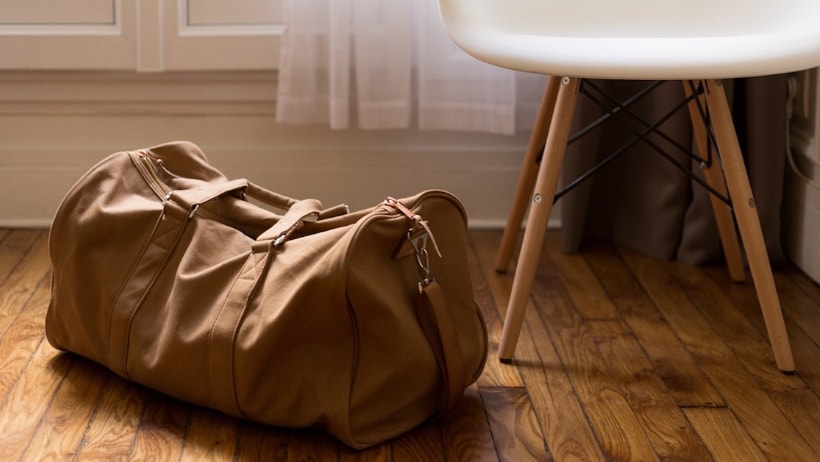Ever since I went away to college, I have adopted a regular routine for adjusting to new environments. I’ve created a certain order and process for settling into a space that I would call my own. I first make sure I’m technically prepared, with electrical outlets where I need them so my various devices can work. Then I unpack my clothes, shoes, and personal items, putting everything in its appropriate spot. Then, after all the unpacking, comes the decorating. I put up pictures of my family, I get my bed the way I like it, and last, but certainly not least, I hang up my University of Michigan flag. Whether in my home, my office, or a home away from home, I do not feel settled until each little piece of me has its rightful place in my space.

We each have those routines that help us feel grounded and centered, those items that make us feel “home.” Perhaps for you it is a special picture or a favorite stuffed animal or keepsake. This week we begin the fourth book of the Torah, Sefer Bamidbar. The Israelites are now in the desert, and the groundwork for the structure of their future has been laid. Army leaders are appointed to lead alongside Moses and Aaron, a census is taken of the people, and we learn that the camps are situated in a specific order, each with a flag in the center that tells us which tribe is there. The time spent in Egypt is a distant memory at this point.
The book of Bamidbar begins: “On the first day of the second month, in the second year following the exodus from the land of Egypt, the Lord spoke to Moses in the wilderness of Sinai, in the Tent of Meeting.” The Israelites have left Sinai, the one place where they were certainly able to feel and notice the divine presence. They have moved on in their journey, and now they need a different way to connect with God. So what did God do? God transferred the divine presence from Sinai to the Tabernacle. This move shifted God’s “presence” from a sanctuary established by God (the mountain) to one fashioned by the people Israel (the Tabernacle). And unlike the golden calf, this shift was done under God’s direction. Nothing could replace Sinai, but this new portable Sinai was the next best thing.
The Israelites were able to be at home for so long in the desert because they were able to focus on the Tabernacle at the center of their camp. It gave them the sense of God’s presence they had at Mount Sinai, and more than just a physical structure, it was their comfort, their security blanket, their University of Michigan flag that allowed them to feel at home. We often try to force distance between ourselves and our material belongings; we dismiss property by saying “they’re just things.” But as Parshat Bamidbar reminds us, there is a holiness in those things because they bring us comfort and purpose. Because they bring us home.



